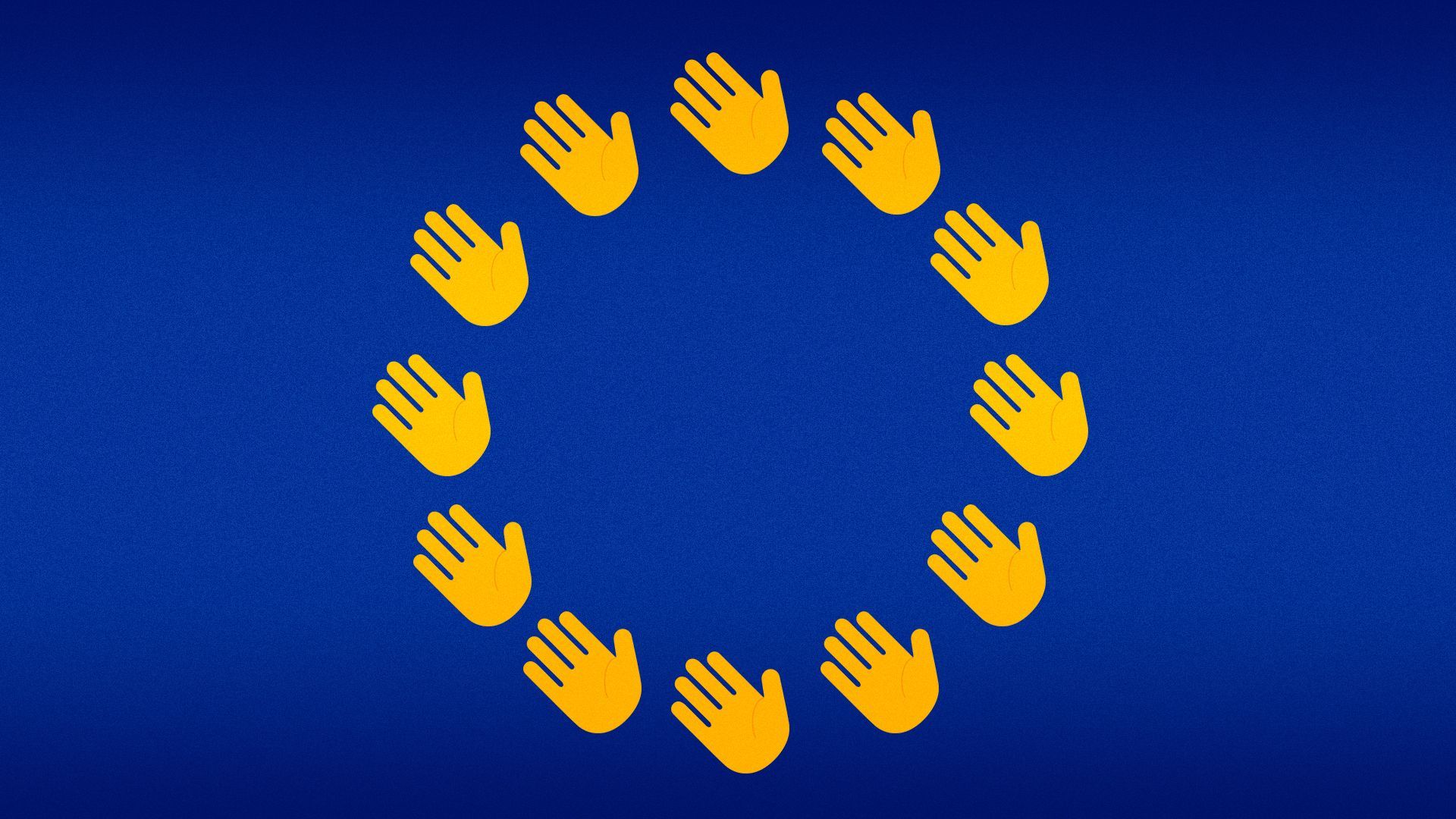The EU, Trapped in Tech Amber

I wasn't able to get to this item last week, but I simply had to weigh in because this is obviously continuing us down a path... Ina Fried:
Meta will withhold its next multimodal AI model — and future ones — from customers in the European Union because of what it says is a lack of clarity from regulators there, Axios has learned.
I quipped on Threads – another service which launched later in the EU than other parts of the world due to regulatory concerns – that "I hope Europe likes 2024, because they’re going to be living in it while the rest of the world is in 2025 and beyond…" It's a joke but it's also increasingly going to be true. As I wrote on the general topic a couple weeks ago:
That's the thing, let's just fast-forward 10 years and play all of this out. If the EU gets its way, either Big Tech will pull products out of the region in order to avoid billions of dollars in fines or they'll simply not launch new products and services in the area. Perhaps for the biggest money-makers, they'll launch them eventually, but only after they're neutered to the point where the EU can't possibly fine them. All of this will suck for Big Tech, sure. But it will really suck for the citizens in those countries.
Sorry, did I write "10 years"? I meant to write "1 week". When I wrote back in March that this path the EU was marching down may eventually lead to a world where it makes sense for the Big Tech companies to pull out of the market, I hadn't really considered this more obvious first step: staying in the market with current products (assuming they can get them in line with the DMA – still a big "if") and simply stopping the shipping of many new features for those products.
Back to Fried:
Meta plans to incorporate the new multimodal models, which are able to reason across video, audio, images and text, in a wide range of products, including smartphones and its Meta Ray-Ban smart glasses.
In other words, Meta's products are going to be like fossils, stuck the moment some catastrophic change struck and froze them in time.
But, but, but Meta's Llama is open source! Open-ish source:
Meta says its decision also means that European companies will not be able to use the multimodal models even though they are being released under an open license.
You can bet the EU is going to launch a new investigation into this particular element with this particular company. But at the end of the day, much as with the Apple situation, what are they going to do? Force these companies to ship products so that they can regulate and/or fine them? Back to my post a couple weeks back:
This is where some subset of those users will chime in that *this is all a good thing*, and going to plan for the EU. They'll do this on places like Threads, which Meta was forced to launch in the area months after the rest of the world due to the above issues. Yes, it's there now, but how many times is Meta, or any of these players, going to jump through such hoops? Apple is the latest with their new AI functionality, which will either be coming later to the EU, or not at all. We'll see how it goes.
Again, some folks think they're happy about this. They love the warm blanket of the Nanny state. But I'm telling you that in those 10 years, this is going to be catastrophic to the region on so many levels. The difference in functionality will effectively cut off the region from the rest of the world in many regards. And the second-order effects will be worse, with investment and productivity dropping from their already anemic levels. This sounds like hyperbole. But I deal in bets. If all goes to plan with these EU policies, I would very much take this bet over the next decade.
We already now have Apple and Meta officially at least pausing feature roll-outs in the EU. How long will it be before Microsoft, Google, and anyone else big enough to draw the eye of EUron – NVIDIA, you're next – follows suit? Likely weeks. Months at best. At that point, the EU will need to rely on all of their own giant tech companies to provide such missing functionality to users, of which there are many. So many. Or China, I guess?
This particular issue isn't even about the DMA or the AI strangulation regulation, but one of the many other EU regulations, per Fried:
Meta's issue isn't with the still-being-finalized AI Act, but rather with how it can train models using data from European customers while complying with GDPR — the EU's existing data protection law.
As Fried notes, the UK – yes, a part of Europe but famously no longer a part of the EU – has a similar law in place to GDPR but Meta is still planning to roll out the new AI here (as is Apple).1 Why? Meta says it's because the EU is slower to implement laws than other regions, but come on, it's a least a bit of a middle finger to the regulators. Or a stick, if you prefer.
"We will release a multimodal Llama model over the coming months, but not in the EU due to the unpredictable nature of the European regulatory environment."

1 Brazil though? Not so lucky...
